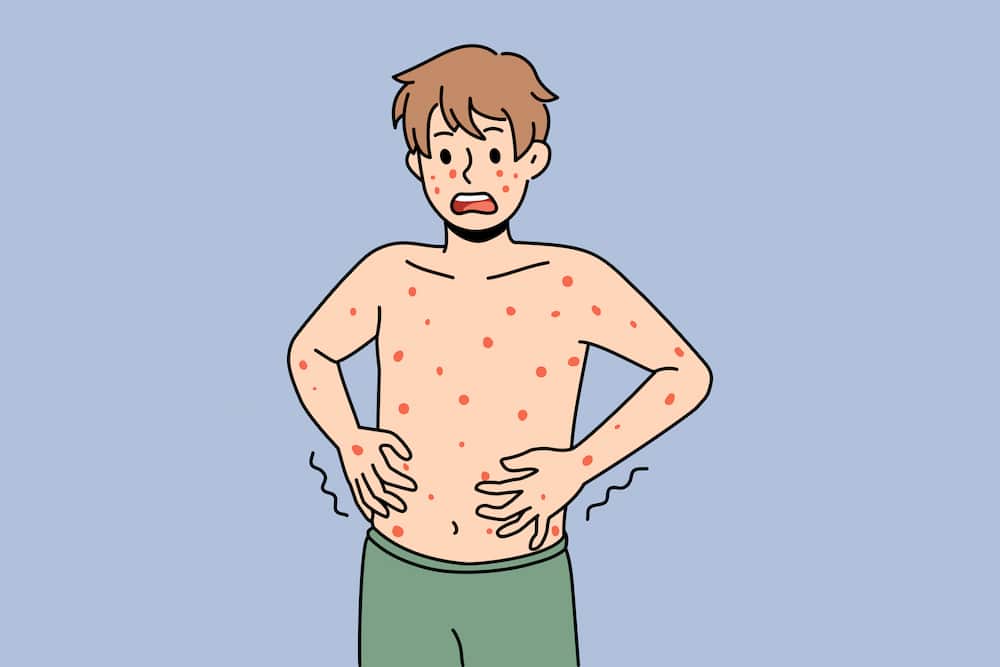A case of measles has been confirmed in the ACT. Be aware of measles exposure sites and monitor for symptoms.
“Measles is a serious disease, and is highly contagious among people who are not fully immunised,” Chief Health Officer Dr Kerryn Coleman said.
The individual had likely acquired the infection on a recent overseas trip.
ACT Health is following up identified contacts in line with national guidelines.
The case attended the following public venues on Wednesday 15 February while infectious:
- Flight QF1433 from Sydney to Canberra
- Canberra Airport between 11am and 11:30am
Canberra Centre:
- David Jones between 12:30pm and 1pm
- Bed Bath and Table between 12:30pm and 1:30pm
- Myer between 1pm and 1:45pm
- Madeleine’s Café on Level 2 of the Marian Building at the Calvary Public Hospital Bruce between 3pm and 3:30pm
People who attended these sites at the times listed are at very low risk of exposure to measles.
In line with national guidance, ACT Health advises people who attended these locations at the listed times to monitor for symptoms of measles from 22 February until 5 March.
If symptoms of measles develop, seek medical advice. Advise your health care provider before you arrive so that appropriate infection control precautions can be put in place to stop the spread of the infection.
Symptoms include:
- Fever
- Tiredness
- Runny nose
- Sore eyes
- Cough
- Rash
People generally develop symptoms seven to 18 days after being exposed; 10 days is the most common. The infectious period lasts from four days before the rash develops and then for a further four days afterwards.
ACT Health is directly contacting the people who are at higher risk of exposure.
The virus is spread when an infectious person coughs or sneezes, or through direct contact with secretions from the nose or mouth.
She reminded the public that the best way to protect yourself and your family against measles is vaccination, particularly for those travelling overseas.
Two doses of Measles Mumps Rubella vaccine (MMR) are required for immunity against measles, and are given to children in Australia at 12 and 18 months of age. However, the vaccine can be given at any age after 9 months.
Many more people are travelling now that pandemic border restrictions have ended, Dr Coleman said. She encouraged people to check their immunisation status and get up to date if needed before travelling.
For further information about measles, visit the ACT Health website at: https://www.health.act.gov.au/sites/default/files/2018-09/Measles.pdf.



